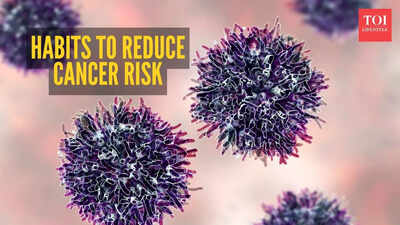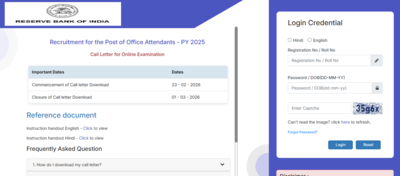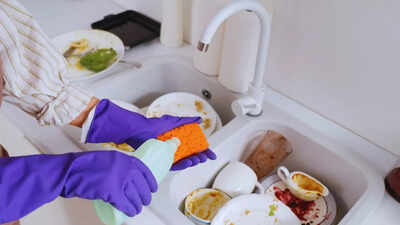9 doctor-approved habits that can help reduce the risk of cancer naturally

Cancer rates continue to rise across the world, and India now sees more than 14 lakh new cases every year according to ICMR’s 2023 report. Many people feel helpless when they hear these numbers, but experts remind us that daily habits shape long-term health. As per data released by WHO, almost 30-50 percent of cancers could be prevented with steady lifestyle changes. This idea feels powerful because it puts control back in people’s hands.Doctors who work in preventive care say that simple shifts in food, sunlight, and movement create a strong defence inside the body. The goal is not perfection but consistency because small actions each day make the body more resilient. These habits, as per Dr Eric Berg, slow chronic inflammation, stabilise hormones, and support immunity, which are three key systems linked with cancer risk. When these systems stay balanced, the body handles stress better and repairs damage faster.
Dr Eric Berg, in one of his preventive-health posts, highlighted several science-backed habits that reduce long-term cancer risk. Each point comes from commonly studied pathways like oxidative stress, insulin control, and immune strength. These habits go beyond the routine advice often heard and focus on the deeper mechanisms that keep cells healthy.
Maintain healthy vitamin D levels
Low vitamin D levels are linked to a higher risk of breast, colon, and prostate cancers in many observational studies, including research published by the National Cancer Institute. Vitamin D supports immune cells that detect abnormal cell growth. Safe sun exposure for 15-25 minutes a day, depending on the skin tone, helps maintain ideal levels. Foods like egg yolk and fatty fish add support, especially during winter.
Try intermittent fasting
Intermittent fasting stabilises insulin and lowers chronic inflammation. A 2023 study in the NIH, showed that fasting triggers cellular cleanup called autophagy. This reduces damaged cells that may later turn cancerous. Starting with a 12-hour eating window is gentle and sustainable.
Move toward a low-carb or keto pattern
A low-carb diet keeps blood sugar stable and reduces insulin spikes. Cancer cells depend heavily on glucose for fuel. Several studies, including some from the NIH, have shown that carbohydrate restriction may slow the growth environment for certain tumours. Even small changes like removing sugar-sweetened drinks help.

Practice cold therapy
Cold exposure activates brown fat and lowers inflammation. Early evidence suggests it improves mitochondrial health. Short cold showers or brief exposure to cooler temperatures boost circulation and reduce oxidative stress, which plays a role in cancer development.
Cook smarter and add protective herbs
Cooking at high heat creates compounds like heterocyclic amines, which are linked to colorectal cancer. Using gentler methods like steaming or slow cooking reduces this risk. Herbs such as turmeric, rosemary, garlic, and ginger contain anti-inflammatory compounds that protect DNA from damage.
Choose natural anti-cancer foods
Cruciferous vegetables like broccoli and cabbage contain sulforaphane, which helps the body neutralise toxins. Berries offer antioxidants that reduce free-radical damage. Green tea brings catechins that support cell repair. Adding these foods daily strengthens the body’s internal defence.
Avoid iron utensils and unnecessary iron supplements
Excess iron builds oxidative stress, which damages cells over time. People with already normal iron levels do not need iron supplements. Cooking in iron pans adds extra iron to food. Stainless steel or ceramic cookware prevents this overload.
Exercise for cellular health
Regular exercise improves immune surveillance, which means the body spots abnormal cells faster. It also reduces insulin resistance. Aim for 30-45 minutes of steady movement like brisk walking, cycling, or yoga on most days.Disclaimer: This article shares general preventive information for educational purposes. It is not a substitute for medical advice, diagnosis, or treatment. Always consult a qualified healthcare professional before making changes to diet, supplements, or lifestyle.






